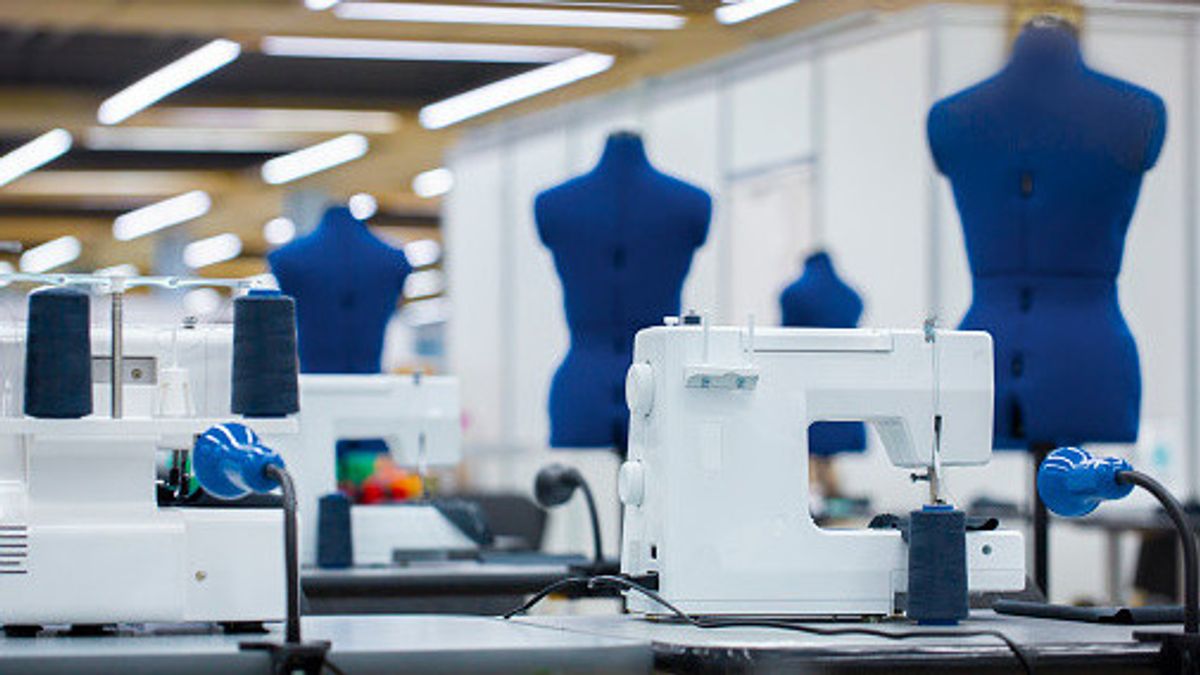
Singapore, known for its strategic location, advanced infrastructure, and business-friendly environment, has been a hub for various industries, including garment manufacturing. While the country may not compete on volume with larger manufacturing giants, its emphasis on quality, innovation, and sustainability has carved a niche in the global apparel market. This overview explores the garment manufacturing landscape in Singapore, its key players, and the factors contributing to its success.
Industry Landscape
Historical Context
Historically, Singapore’s garment manufacturing industry thrived during the mid-20th century, driven by low labor costs and favorable trade policies. Over time, as wages increased and global competition intensified, the industry faced significant challenges. However, rather than declining, the industry evolved, focusing on high-value production, advanced technology, and niche markets.
Current State
Today, Singapore’s garment manufacturing sector is characterized by small to medium-sized enterprises (SMEs) that prioritize quality over quantity. These manufacturers are known for producing high-end apparel, including bespoke fashion, corporate wear, and specialized garments. The emphasis on precision and quality control makes Singapore a preferred partner for luxury brands and discerning customers.
Key Players
Several prominent companies exemplify the strengths of Singapore garment manufacturer industry:
- Tencate Advanced Textiles: Specializing in technical and performance fabrics, Tencate represents the high-tech end of the industry, supplying materials for protective clothing, workwear, and sportswear.
- CYC Made to Measure: A heritage brand known for bespoke tailoring, CYC combines traditional craftsmanship with modern techniques. Their focus on personalized service and high-quality fabrics attracts a loyal clientele.
- Zyfas: Operating in the uniform manufacturing sector, Zyfas provides specialized uniforms for healthcare, hospitality, and corporate sectors. Their commitment to functionality and durability is a hallmark of their products.
Factors Contributing to Success
Advanced Technology and Innovation
Singaporean garment manufacturers leverage advanced technologies to enhance efficiency and product quality. Automation, computer-aided design (CAD), and innovative fabric technologies are integral to their operations. These advancements enable precision in manufacturing, reduce waste, and enhance the overall quality of garments.
Skilled Workforce
The country’s emphasis on education and skills development ensures a pool of talented designers, engineers, and skilled labor. Institutions like Temasek Polytechnic and LASALLE College of the Arts offer specialized programs in fashion and textile technology, fostering a new generation of industry professionals.
Sustainability Initiatives
Sustainability is a growing focus in Singapore’s garment manufacturing sector. Companies are adopting eco-friendly practices, such as using organic and recycled materials, implementing energy-efficient production processes, and ensuring fair labor practices. These initiatives align with global trends towards ethical fashion and resonate with environmentally conscious consumers.
Strategic Location and Trade Connectivity
Singapore’s strategic location and well-developed logistics infrastructure facilitate easy access to global markets. The country’s robust trade agreements and port facilities enable efficient import of raw materials and export of finished products, enhancing its competitiveness in the international market.
Challenges and Future Prospects
Despite its strengths, the industry faces challenges such as high operational costs and competition from low-cost manufacturing hubs. To stay competitive, Singaporean manufacturers must continue to innovate, invest in technology, and explore new markets.
The future prospects for the industry lie in niche markets, customization, and sustainability. By focusing on high-value production, leveraging advanced technologies, and maintaining a commitment to sustainability, Singapore’s garment manufacturing sector can continue to thrive and differentiate itself in the global market.
Conclusion
Singapore’s garment manufacturing industry exemplifies how a focus on quality, innovation, and sustainability can create a competitive advantage in a challenging global market. With a rich history, skilled workforce, and strategic initiatives, the industry is well-positioned to meet the demands of discerning customers and contribute significantly to the global apparel landscape. As the industry evolves, it will continue to adapt and innovate, maintaining Singapore’s reputation as a hub for high-quality garment manufacturing.
Read more about garment manufacture and consult your needs with OL Garments.